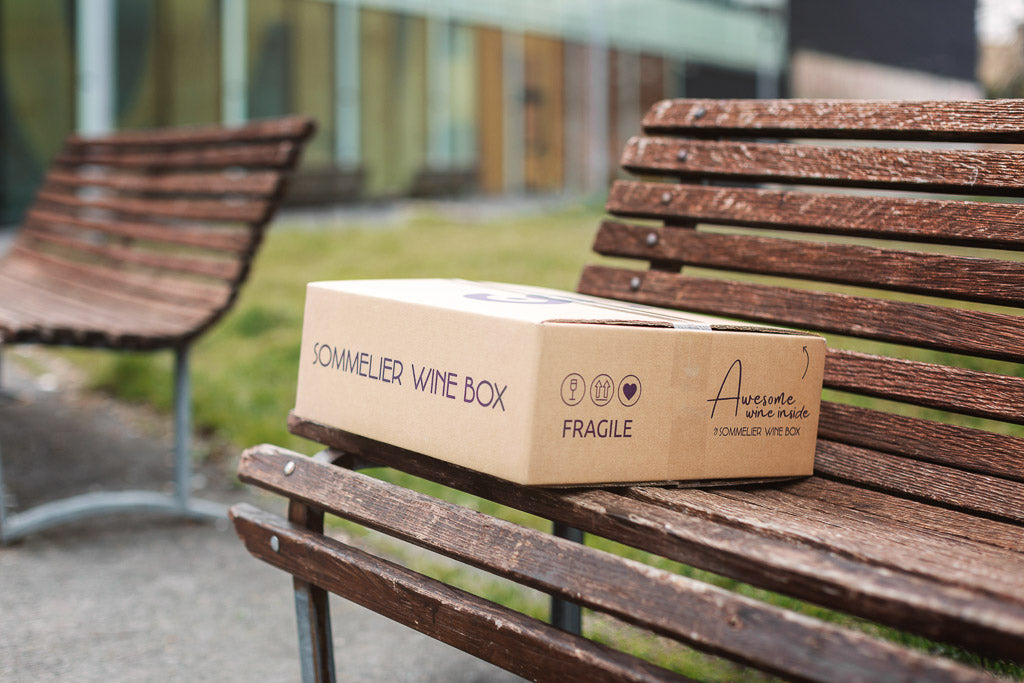Sulphites are probably the most discussed additive in oenology, although they are not the only substances added to wine. There is always a certain aura of mystery surrounding sulphites. But what are they really? Let's clarify without alarmism.
Because yes, sulphites are truly capable of rocking the world of wine. Let's see together what it is.
What you need to know about sulfites:
1. Sulfites are chemicals used in food production processes, including winemaking.
2. But be careful, when making wine, some sulphites are also formed naturally . So be careful when you say "zero sulphites".
3. Sulphites are added from the must, with the aim of preserving the wine : in fact, they have an antioxidant and antiseptic action. But not only that: they also help extract color from the skins and preserve flavor and aromas.
4. Small quantities of sulphites are enough to protect the wine adequately and guarantee it the life it deserves. The quantity of sulphites added is therefore a strong differentiator.
5. The healthier the grapes are, the fewer sulphites are needed. The healthiness (and quality) of wine starts from the vineyard.
6. About half of the sulfur dioxide (i.e. sulphites in the gaseous state) evaporates when added to the must, the remainder however continues to decrease during aging. Upon opening the bottle, more sulfur dioxide comes out of the bottle and even swirling the glass causes it to evaporate.
7. Sulphites are toxic to humans if present in large quantities , as well as to hypersensitive subjects even in small doses, in which they can cause severe migraines even in small quantities.
8. White wine requires more sulphites than red wine (because the latter has more polyphenols, which guarantee greater preservation), just as sweet wines require more than dry ones and, more generally, low- acid wines.
9. At the moment, there are no equally effective alternative additives. Even if science is working on it and a new alternative proposal is recent. It dates back to spring 2022 and we talked about it here .
10. The maximum limits for Italian wines when released for consumption are: 160 mg/l for reds; 200 mg/l for whites and rosés.
11. Wines that indicate “ without added sulphites ” on the label are those that contain a quantity of less than 10 mg/l .
12. If the 10 mg/l is exceeded, those who use very few of them on the label are equated with those who use more, because in both cases it must be written "contains sulphites". However, it would be important to be able to indicate the actual quantity of sulphites added .
- Read also: how to drink wine without gaining weight
Do you want to discover niche wines, always different? Discover our subscription: expert sommeliers and a profiling algorithm at your service to create personalized selections, based on your tastes and needs.
CREATE YOUR BOX NOW!
And if you don't like the wines: we'll refund you!
The discussion on sulphites, between professionals and the final consumer:
The debate around sulphites is heated and this is sacrosanct because it concerns the health of consumers and the very meaning of producing wine. Obviously this reflection is expressed in the context of "non-industrial" wines.
Some criticize the addition of these substances to wine because they are guilty of making it "less natural".
The position of Josko Gravner , the legendary Friulian producer who creates the wine of the future by finding inspiration in the past and who has revised his initial "purism" on sulphites, is clear and enlightening. Gravner insists on two points: the honesty of the craftsman on the one hand and the sense of proportion on the other.
“ The only addition I allow myself is a very small quantity of sulfur dioxide at the end of the process, because without it the wine becomes vinegar . I produced the worst wines many years ago without adding sulfur, believing it was absolute evil. ”
And he continues:
“ In the 90s, I read a book by Emile Peynaud in which he said that it is impossible to make wine without sulfur. I closed the book and said: now I'll show you. And yet they were right. Even mineral water has sulphites, otherwise it will rot after a month. Sulfites shouldn't be blamed entirely. There are other added substances, such as selected yeasts which are of synthetic origin, which are much worse. Sulphites must be used, albeit in very minimal doses. Because they fight volatile acidity, which is the devil. Even wine, like man, must become better as it ages. And for that to happen, you need some sulphites. Few, but they are needed ."




